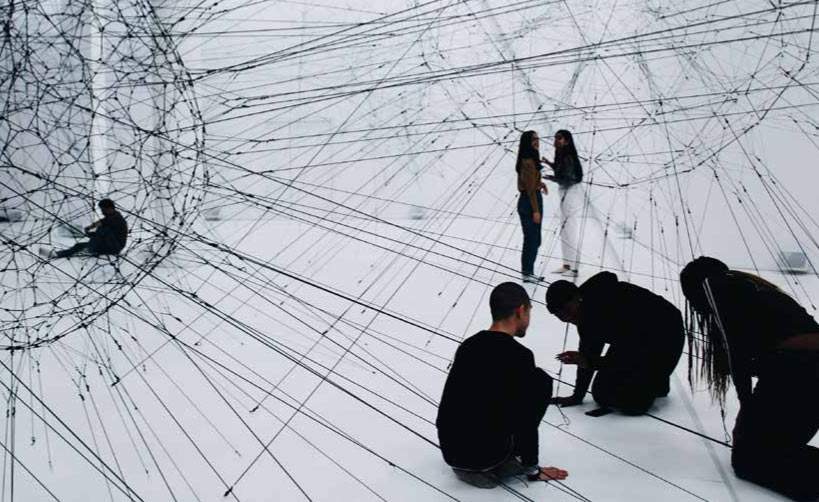UNESCO is sounding the alarm about the situation of the culture sector, which is emerging with broken bones from the Covid-19 pandemic: according to the report Re|Shaping. Policies for creativity, now in its third edition and released a few days ago, culture, which generates 3.1 percent of the world’s GDP and employs 6.2 percent of the workforce around the globe, has suffered major losses. Indeed, ten million jobs will be lost in 2020 alone, in a sector that until 2019 was experiencing significant growth worldwide, with the value of exports of cultural products and services doubling to $389 billion between 2005 and 2019.
Then there are other problems. Over the past decade, public investment in culture has begun to contract, and all over the world (so the problem is not just Italian) cultural workers experience precarious and deregulatory situations. In addition, UNESCO warns that gender equality in the sector is still a distant goal. There are also major inequalities between the world’s most advanced countries and developing nations, with the former sharing 95 percent of the market.
In an already delicate picture, therefore, the Covid-19 pandemic came as heavy as a boulder to remind us that no country can stand alone since culture is a global value and it is in the interest of the whole world to preserve and promote it. “The pandemic of COVID-19,” points out Audrey Azoulay, director-general of UNESCO, “has brought an unprecedented crisis to the cultural sector. All over the world, museums, cinemas, theaters and concert halls (places of creativity and sharing) have closed their doors. In 2020, revenue for creatives fell by more than 10 percent, or more than 1 billion euros. What was already a precarious situation for many artists has become unsustainable, threatening creative diversity. At the same time, we realized how much we need the culture, creativity and diversity of cultural expressions protected by the 2005 UNESCO Convention on the Protection and Promotion of the Diversity of Cultural Expressions. We need the vitality of a sector that employs young people and fuels innovation and sustainable development.”
The report, however, points to possible ways out even though the road will be long. It will therefore be crucial to continue along the path Unesco outlined in 2015 by developing a “Monitoring Framework” based on four objectives: to support sustainable governance systems for culture that can lead go countries to take effective measures to protect culture, to ensure equal access, to integrate culture into sustainable development programs based on recognition of the value of culture and its importance as a complementary element to the economy, and to promote human rights and fundamental freedoms.
“What the pandemic of COVID-19 teaches societies,” the report says, “is that, in times of crisis, culture is an important resource for resilience, connection and recovery (even when the forms of engagement of creators, producers and audiences are changing). [...] Because culture is fundamental to the development of our societies through its economic, social and environmental benefits and its vulnerability to global phenomena, it is a global public good that must be fully protected and promoted for the benefit of humanity as a whole. This was the aspiration of UNESCO member states adopting the 2005 Convention on the Protection and Promotion of the Diversity of Cultural Expressions, as well as the UNESCO standard-setting instruments that preceded it. Culture must therefore be an integral part of a new global agreement to support solidarity within and between societies and across generations.”
Photo by Alina Grubnyak
 |
| An unprecedented crisis in culture. The alarm of the Unesco report |
Warning: the translation into English of the original Italian article was created using automatic tools. We undertake to review all articles, but we do not guarantee the total absence of inaccuracies in the translation due to the program. You can find the original by clicking on the ITA button. If you find any mistake,please contact us.